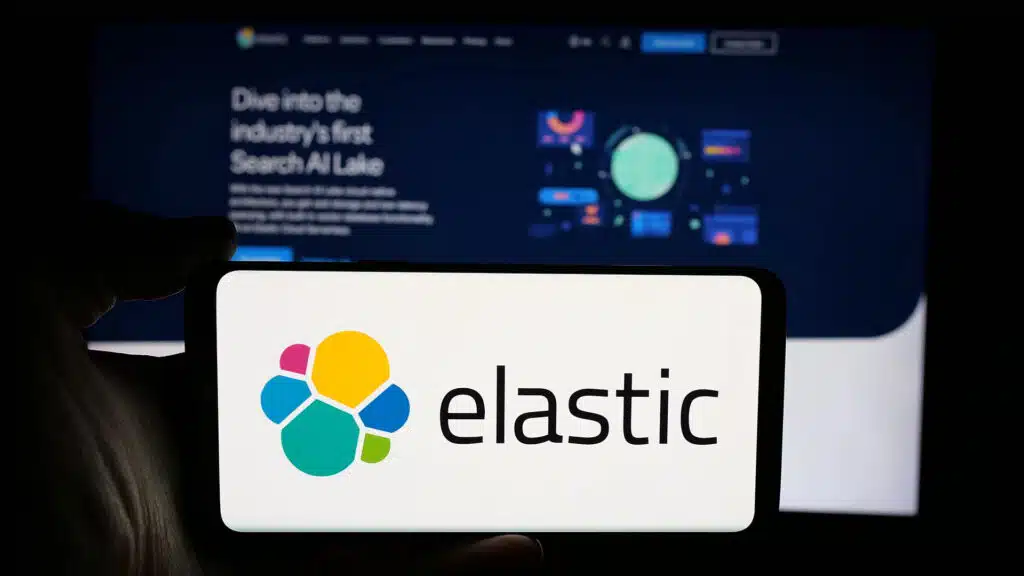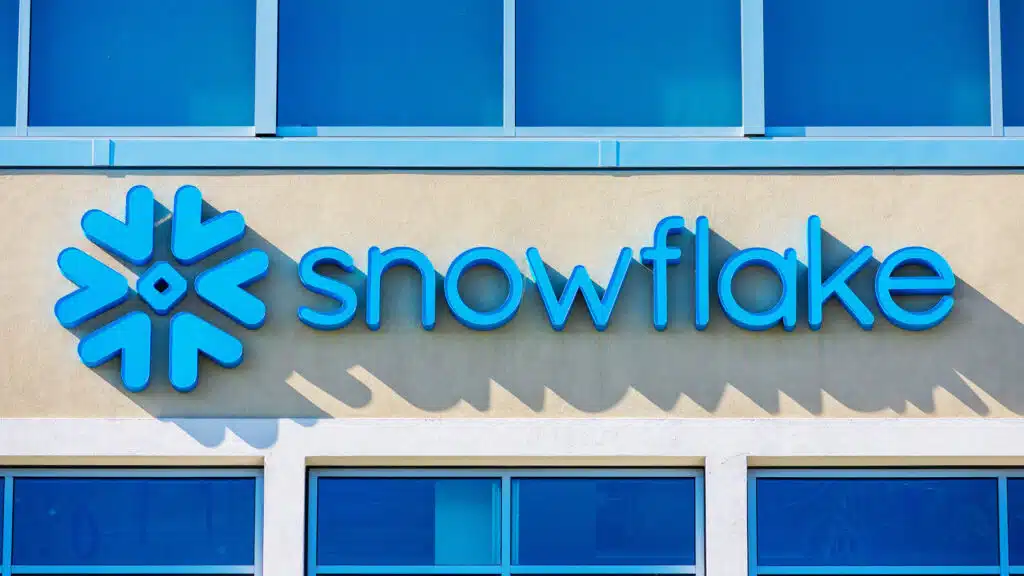The News: Salesforce made several announcements at its annual Connections conference, focusing on the greater integration of artificial intelligence (AI) within its major commerce, sales, and service cloud offerings, which are designed to help users improve efficiency and productivity while driving more inter-departmental data interaction and coordination. Salesforce also announced a partnership with IBM to further expand its AI ecosystem to include the watsonX platform and IBM Granite series models to the Salesforce ecosystem. You can read the press releases announcing the news on the Salesforce website.
Salesforce Connections Focuses on Eliminating Data Silos
Analyst Take: Salesforce held its annual Connections conference last week in Chicago and made a number of announcements focused on AI-powered Einstein Copilot enhancements; new features across its Marketing, Commerce, and Support Cloud products; and partnerships with other leading vendors to further expand its AI ecosystem. However, the key takeaway from the event for me was Salesforce’s focus on data integration and availability, which helps to drive an Amazon-like consumer experience to all facets of its e-commerce, marketing, and support products, across both business-to-consumer (B2C) and business-to-business (B2B) segments.
Copilots for Everyone
Of course, it wouldn’t be a Salesforce conference without talking about the new Einstein Copilots that are now available for merchants, marketers, and support teams. Salesforce announced that its generative AI-based assistants (known as Einstein Copilot) will be available for marketers and merchants and will leverage data held within Data Cloud. Salesforce made the following announcements:
- Einstein Copilot for Merchants: Salesforce said that Einstein Copilot for Merchants features an AI assistant that helps optimize sales, guides storefront setup, generates personalized promotions, and builds web pages by using natural language prompts.
- Einstein Copilot for Marketers: Einstein Copilot for Marketers is designed to enable users to produce AI-generated content for campaigns that incorporates brand guidelines.
- Einstein Personalization: Salesforce says that Einstein Personalization uses real-time customer profiles—tied to Data Cloud—to identify consumers’ preferences and recommend digital marketing experiences that drive conversion.
These extensions of generative AI assistant technology are a boon for users, particularly because they allow data that was previously siloed in marketing or order management systems to be tied together and acted upon using natural language. However, Salesforce may need to clean up its messaging; on first glance, it appears that there are several different copilots, while in fact, it is all the same underlying Einstein generative AI technology that is simply being deployed across different product lines. Like any new technology, I expect branding and messaging to evolve (remember Einstein GPT?), and I think that the vendor may continue to tweak its branding and messaging.
Enabling Data Wherever It May Live
One of the key themes of the conference was Salesforce’s focus on helping organizations leverage data wherever it is, to drive personalization, commerce, marketing, and service needs. The company made a series of announcements focused on enabling data throughout the organization.
Commerce Cloud Updates: Salesforce introduced four new Commerce Cloud innovations (Salesforce Checkout, Headless commerce capabilities for B2B, Composable commerce enhancements for B2C, and Amazon Buy with Prime), which are designed to deliver more personalized, seamless, and efficient experiences across all channels:
- Salesforce Checkout: This capability leverages information within Data Cloud to enable a unified, one-click checkout platform that is always connected to customer data, enabling a more consistent and seamless cross-channel experience throughout their buying journeys, whether on the company’s website or a mobile device.
- Headless commerce capabilities for B2B: Headless commerce is a type of e-commerce structure that separates the front-end, or user experience, of a website, from the back-end of the website, which is generally the content management system that contains product data and flows. By using a headless commerce system, brands can work on the front-ends of their websites without going through web developers and IT teams, which often requires filing a service ticket. It can also connect with a partner front-end to extend selling opportunities and channels without needing to construct additional back-end infrastructure.
- Composable commerce enhancements for B2C: Salesforce also announced updates to its composable commerce offering for B2C users. This approach to e-commerce allows businesses to use Salesforce APIs to combine software from different vendors into a unified website, reducing the time and effort required to make changes to build and change commerce experiences and implement additional personalization features.
Ultimately, being able to access and act upon data is the key to providing excellent experiences, whether in sales, marketing, support, or other functions. In addition to ensuring that humans have the right information to make decisions and take action, it is critical that AI and automation technology can access and leverage a single source of truth that can be implicitly trusted.
Partnering with IBM to Enhance AI Model Capabilities
Like many vendors, Salesforce has realized that a comprehensive generative AI strategy revolves around an open ecosystem that supports the use of the right AI model for the task or workflow at hand. Salesforce announced an expanded strategic partnership that will bring together IBM watsonx AI and Data Platform capabilities with the Salesforce Einstein 1 Platform for greater customer choice and flexibility in AI and data deployment.
The expanded relationship spans bidirectional data integration, flexibility in large language models (LLMs), prebuilt actions and prompts for CRM solutions, and a further commitment to responsible AI development. According to Salesforce, the partnership will allow customers to integrate their LLMs with the watsonx.ai platform and Salesforce Einstein 1 Studio, a collection of low-code AI builders. This will enable access to key IBM Granite series AI models and a customer’s own LLMs built on watsonx.
As generative AI becomes more refined, I expect further deals such as this one, as the use of a sole model, or only using LLMs, is both inefficient and costly. Salesforce’s approach of providing pre-built templates for prompt templates and copilot actions powered by IBM data and services within Einstein 1 Studio, and invocable in flow and apex, should help to drive greater use of these models.
Disclosure: The Futurum Group is a research and advisory firm that engages or has engaged in research, analysis, and advisory services with many technology companies, including those mentioned in this article. The author does not hold any equity positions with any company mentioned in this article.
Analysis and opinions expressed herein are specific to the analyst individually and data and other information that might have been provided for validation, not those of The Futurum Group as a whole.
Other Insights from The Futurum Group:
Salesforce Data Management with Ridecell and Validity DemandTools
Salesforce Unveils Zero Copy Partner Network for Data Integration
Salesforce Announces Public Sector Einstein 1 for Service
Author Information
Keith Kirkpatrick is VP & Research Director, Enterprise Software & Digital Workflows for The Futurum Group. Keith has over 25 years of experience in research, marketing, and consulting-based fields.
He has authored in-depth reports and market forecast studies covering artificial intelligence, biometrics, data analytics, robotics, high performance computing, and quantum computing, with a specific focus on the use of these technologies within large enterprise organizations and SMBs. He has also established strong working relationships with the international technology vendor community and is a frequent speaker at industry conferences and events.
In his career as a financial and technology journalist he has written for national and trade publications, including BusinessWeek, CNBC.com, Investment Dealers’ Digest, The Red Herring, The Communications of the ACM, and Mobile Computing & Communications, among others.
He is a member of the Association of Independent Information Professionals (AIIP).
Keith holds dual Bachelor of Arts degrees in Magazine Journalism and Sociology from Syracuse University.







